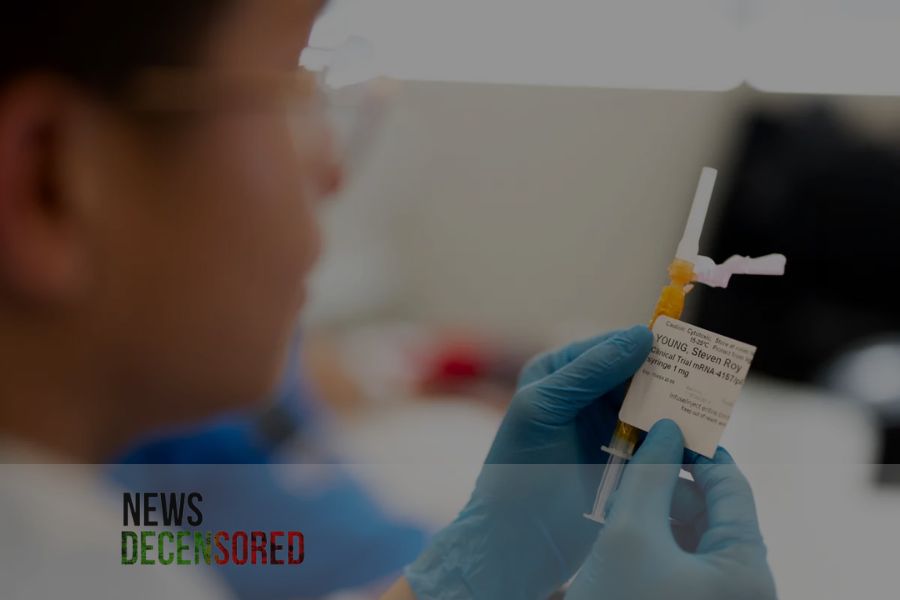The fight against cancer is constantly evolving, and a groundbreaking development in personalised medicine has emerged in the form of the world’s first mRNA cancer jab for melanoma. This “game-changer” treatment, currently undergoing final stage trials in the UK, holds immense promise not only for melanoma patients but potentially for individuals battling bladder, lung, and kidney cancers as well.
Unlike traditional vaccines that offer broad protection against specific diseases, this mRNA jab takes a highly targeted approach. The jab is custom-built for each patient, leveraging the power of messenger RNA (mRNA) technology. mRNA instructs cells to produce specific proteins, and in this case, the jab delivers the genetic code for the patient’s unique tumour mutations. This creates a personalised “wanted poster” for the immune system, enabling it to recognise and destroy cancer cells more effectively.
The journey of this personalised jab begins with the patient’s tumour. A sample is extracted during surgery and undergoes DNA sequencing to identify the specific mutations present. Artificial intelligence then plays a crucial role in analysing this genetic data and selecting the most immunogenic mutations most likely to trigger a strong immune response. This information is then used to create the mRNA jab, which encodes up to 34 personalised neoantigens (markers on tumours recognisable by the immune system).
The initial phase-two trials of this personalised mRNA jab have yielded encouraging results. Patients with high-risk melanoma who received the jab in combination with the established immunotherapy drug Keytruda showed a significant reduction in the risk of cancer recurrence compared to those who only received Keytruda. This translates to a nearly 50% decrease in the chances of the cancer returning after three years. These results pave the way for the ongoing phase-three global trial to recruit a wider patient population of around 1,100 individuals.
The potential applications of this personalised mRNA jab extend far beyond melanoma. The upcoming phase-three trial will explore the jab’s effectiveness in combination with Keytruda for treating lung, bladder, and kidney cancers. This holds immense promise for expanding the arsenal available in the fight against various cancers.
Experts in the field view this personalised mRNA jab as a potential game-changer in cancer immunotherapy. Professor Lawrence Young highlights the renewed interest in cancer vaccines driven by advancements in understanding immune responses and mRNA technology. This paves the way for developing patient-specific vaccines based on their unique tumour profile, a significant leap forward in personalised cancer care.
Despite the encouraging preliminary results, further research is necessary to fully understand this personalised jab’s long-term efficacy and safety profile. The complex manufacturing process and potentially high cost could also pose challenges in making this treatment widely accessible. However, the potential benefits are undeniable. This personalised approach to cancer treatment offers hope for patients battling various cancers, potentially leading to a future where the body’s immune system becomes its most potent weapon against the disease.















